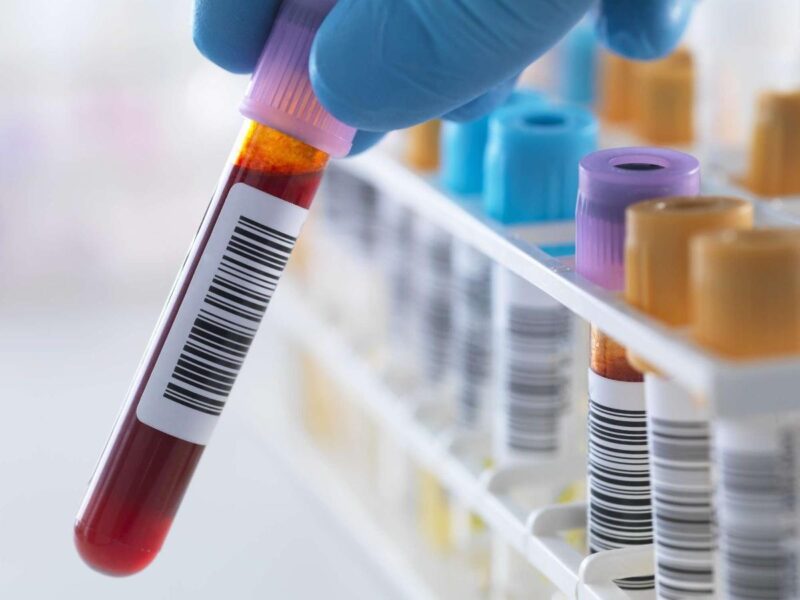
Rare Blood Group Discovery: Rajkot Man Becomes 11th Known Case Worldwide
May 31, 2023rajkotupdates.news:emm-negative-rare-blood-group-found-in-rajkot-man-11th-such-case-worldwide: Blood groups play a crucial role in medical science, aiding in compatibility for blood transfusions and organ transplants. Among the well-known blood groups, there are some extremely rare ones that have only been documented in a few individuals worldwide. In a remarkable discovery, a man from Rajkot, India, has been found to possess a rare blood group, making him the eleventh known case globally. This finding has significant implications for healthcare professionals, as it highlights the importance of expanding our understanding of blood groups and their potential impact on medical treatments.
Also Read: rajkotupdates.news:a-historic-day-for-21st-century-india-pm-modi-launched-5g-in-india
The Rajkot Man’s Case
The rare blood group discovered in the Rajkot man is designated as ABHNull. This classification refers to a condition where an individual lacks A, B, and H antigens on their red blood cells, which are usually present in other blood groups. This blood type is exceptionally rare, with only ten other cases reported worldwide prior to this discovery. The Rajkot man, whose identity has been kept confidential for privacy reasons, had approached a local hospital for a routine blood test when the anomaly was detected.
Implications for Blood Transfusions
The discovery of the ABHNull blood group has significant implications for blood transfusions. Typically, blood compatibility is determined by matching ABO and Rh blood types, but the presence of rare blood groups necessitates additional testing. Patients with ABHNull blood can only receive blood from donors with the same blood type, further limiting the pool of potential donors. As a result, hospitals and blood banks must increase their efforts to identify individuals with rare blood types and create registries to facilitate timely blood transfusions when needed.
Also Read: rajkotupdates.news:a-historic-day-for-21st-century-india-pm-modi-launched-5g-in-india
Organ Transplantation Challenges
Apart from blood transfusions, the rarity of the ABHNull blood group poses challenges in organ transplantation. The presence of different blood groups can trigger severe immune responses and rejection of the transplanted organ. In cases where a compatible organ donor is available, the Rajkot man’s ABHNull blood group makes the search for a suitable organ recipient more complex. Healthcare professionals and transplant teams will have to explore alternative approaches and consider novel immunosuppressive therapies to increase the chances of successful organ transplantation for individuals with rare blood types.
Research and Future Directions
The discovery of the ABHNull blood group in the Rajkot man underscores the need for continued research in the field of blood groups. Further investigation into the genetic basis of this rare blood group could shed light on the underlying mechanisms and potentially lead to new insights in immunology and transfusion medicine. Collaborative efforts between medical institutions, researchers, and organizations like blood banks are crucial to identify more cases of rare blood groups and enhance our understanding of their implications.
Also Read: rajkotupdates.news:a-historic-day-for-21st-century-india-pm-modi-launched-5g-in-india
Conclusion
The identification of the ABHNull blood group in the Rajkot man has added another unique case to the small pool of individuals worldwide with this rare blood type. The discovery emphasizes the importance of expanding our knowledge of blood groups to improve patient care in transfusions and organ transplantation. By increasing awareness, conducting further research, and implementing registries for rare blood types, healthcare professionals can enhance their ability to provide prompt and suitable treatment options for individuals with unique blood groups. This discovery acts as a reminder that there is still much to learn about the complexities of human blood and its vital role in medical science.



